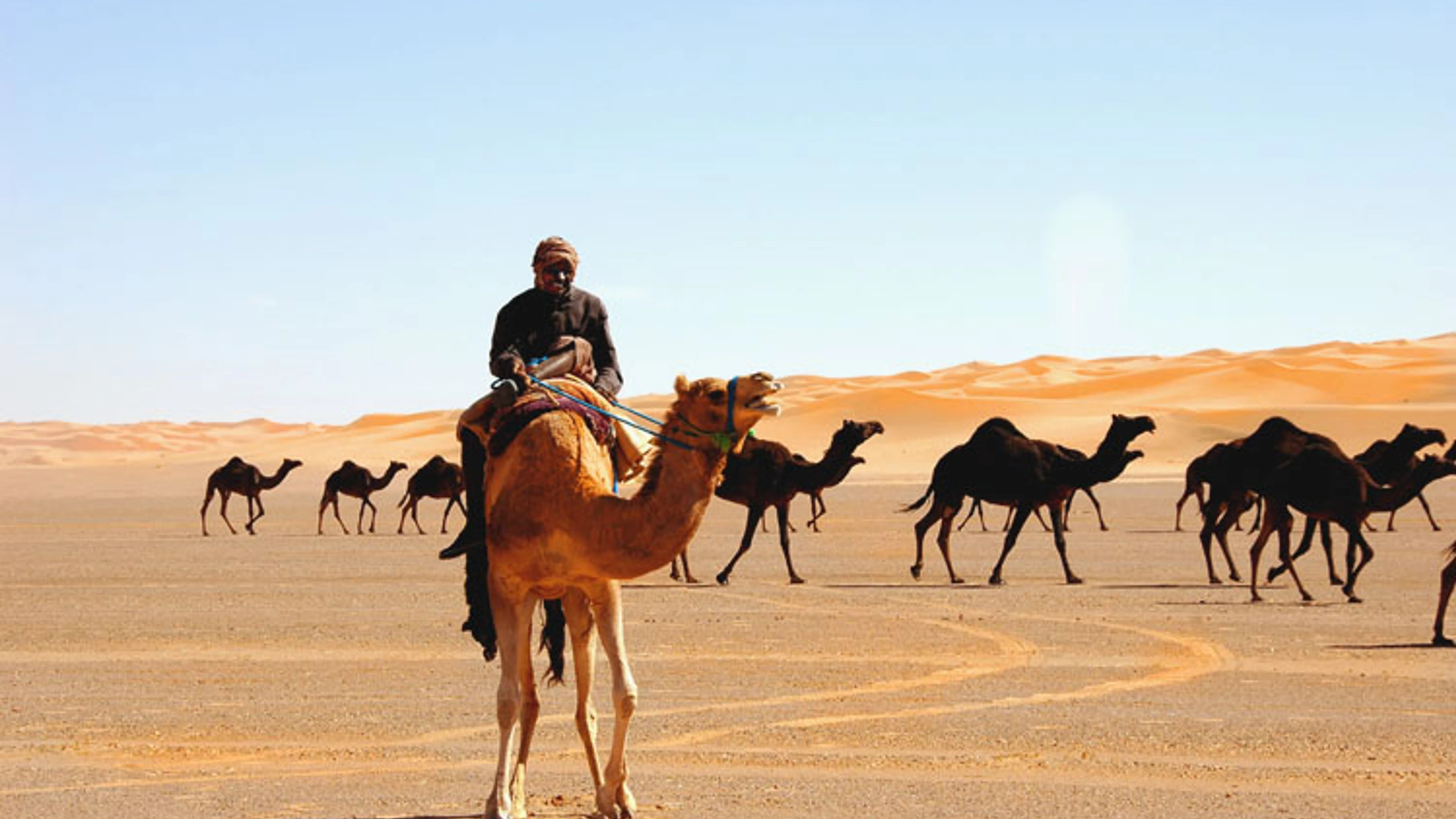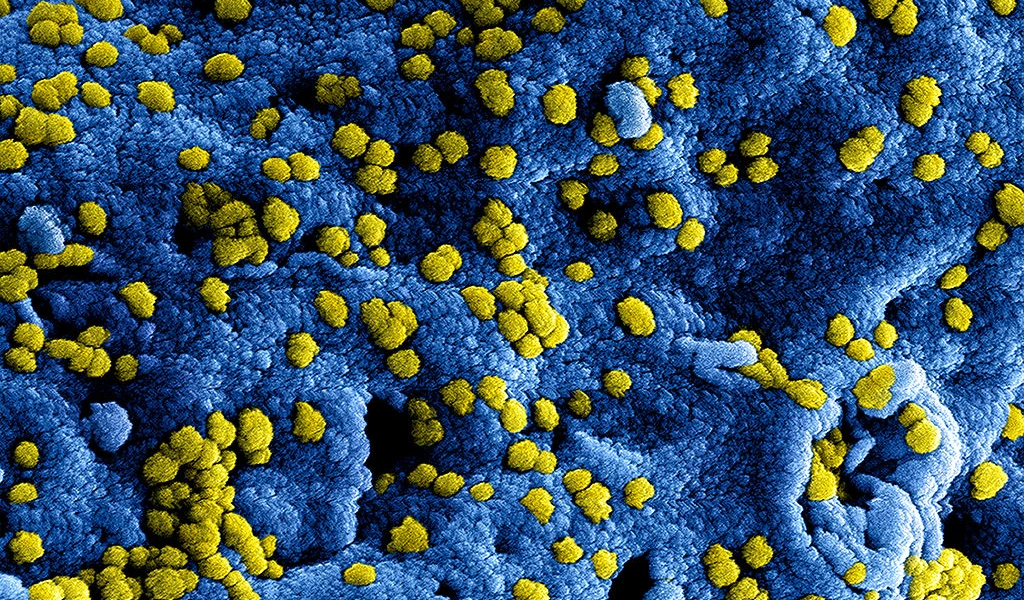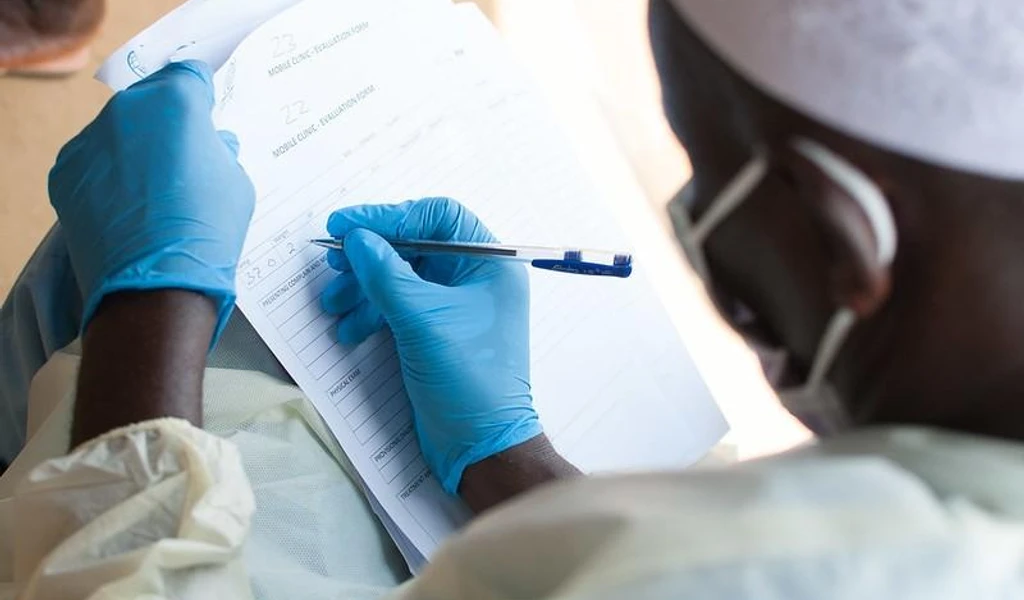ProMED Disease Outbreak Update

MERS in Saudi Arabia, Rift Valley fever in Mayotte.
Information available within this Disease Outbreak Update is produced by Program for Monitoring Emerging Diseases (ProMED).
Note: Content may be edited for style and length.
MERS-CoV
Location
Saudi Arabia
Outbreak Update
Saudi MoH Report, 27-28 May 2019 Report:
In the 2 days since the last update (see MERS-CoV (50): Saudi Arabia (RI, MD) 20190526.6488236) there have been 4 newly confirmed cases of MERS-CoV infection including 1 death reported from Saudi Arabia.
Information on newly confirmed cases (4) [includes 1 fatality reported at time of initial confirmation report]
[1]
Date of confirmation: 27 May 2019
Case No: 19-1923
MERS from Riyadh city: 23 year old female from Riyadh city, Riyadh region
Contact with camels: unknown
Case classification: secondary
Current status: active
[2]
Date of confirmation: 27 May 2019
Case No: 19-1924
MERS from Najran city: 35 year old male from Najran city, Najran region
Contact with camels: unknown
Case classification: primary
Current status: deceased
Date of outcome report: 27 May 2019
[3]
Date of confirmation: 28 May 2019
Case No: 19-1925
MERS from Riyadh city: 64 year old male from Riyadh city, Riyadh region
Contact with camels: yes
Case classification: primary
Current status: active
[4]
Date of confirmation: 28 May 2019
Case No: 19-1926
MERS from Buraidah city: 26 year old male from Buraidah city, Al Qassim region
Contact with camels: unknown
Case classification: primary
Current status: active
The total number of laboratory-confirmed cases of MERS-CoV infection reported from Saudi Arabia since 1 Jan 2019 is now 150 including 36 deaths (case fatality rate 24%).
See the full ProMED post here.
Rift Valley fever
Location
Mayotte
Outbreak Update
Le Journal de Mayotte, Mon 27 May 2019:
Epidemiological situation as of 24 May 2019:
In total, since the beginning of the epidemic (end of November [2018]): samples taken by veterinarians on sick animals or during abortions have identified 121 outbreaks of sick animals (including 97 cattle and 24 small ruminants); the CHM laboratory reported 134 human cases of RVF at the monitoring and health emergencies platform of the ARS OI (CVAGS) of Mayotte.
Although the vast majority of human cases of RVF do not show signs of severity, 2 serious forms have been reported.
Outbreak Response
Le Journal de Mayotte, Mon 27 May 2019:
To limit the spread of cases, the prefecture of Mayotte, in collaboration with the ARS Indian Ocean and the Directorate of Food, Agriculture and Forestry of Mayotte (DAAF) reminds all of the importance of prevention measures for protect from the disease.
Recommendations:
It is recommended to protect yourself when cutting zebu [cattle] carcasses.
In ruminants: Monitoring of Rift Valley fever includes monitoring of abortions. Thus, farmers are required to report promptly to veterinarians any abortions or stillbirths occurring in their animals or sick animals in order to take samples in search of the disease.
An order prohibiting the marketing of untreated milk has been in force since 27 Feb 2019. A decree prohibiting the export of live animals, raw meat, and milk produced by the ruminant farms of the country has been in force since 20 Mar 2019.
In humans: The disease is usually manifested by an influenza-like illness: high fever (39 C [102 F]), muscle and/or joint pain, severe headache, and tiredness. In the vast majority of cases, recovery occurs within a few days. It is recommended to consult a doctor as soon as the signs appear so that samples can be taken to see whether they are positive for the disease.
Recommendations to protect yourself from the disease:
For farmers and people in contact with animals:
- wash hands with soap after contact with domestic ruminants (cattle, sheep, goats);
- do not handle sick or aborted animals without protection, or abortion products;
- do not handle animal carcasses without protection;
- wear gloves, goggles, and especially a mask for the slaughter of any animal. Indeed, infected animals may not present any signs, whereas they can transmit the virus.
For food:
- boil the milk;
- do not consume curd unless it has been boiled and then curdled with ferment of lactic acid;
- wash hands after cutting meat;
- cook the meat well;
- never eat the meat of a sick animal.
To protect yourself from mosquito bites:
- eliminate breeding sites; empty all containers that may contain water;
- use mosquito nets and repellents.
See the full ProMED post here
Information available within this Disease Outbreak Update is produced by Program for Monitoring Emerging Diseases (ProMED).
Note: Content may be edited for style and length.


